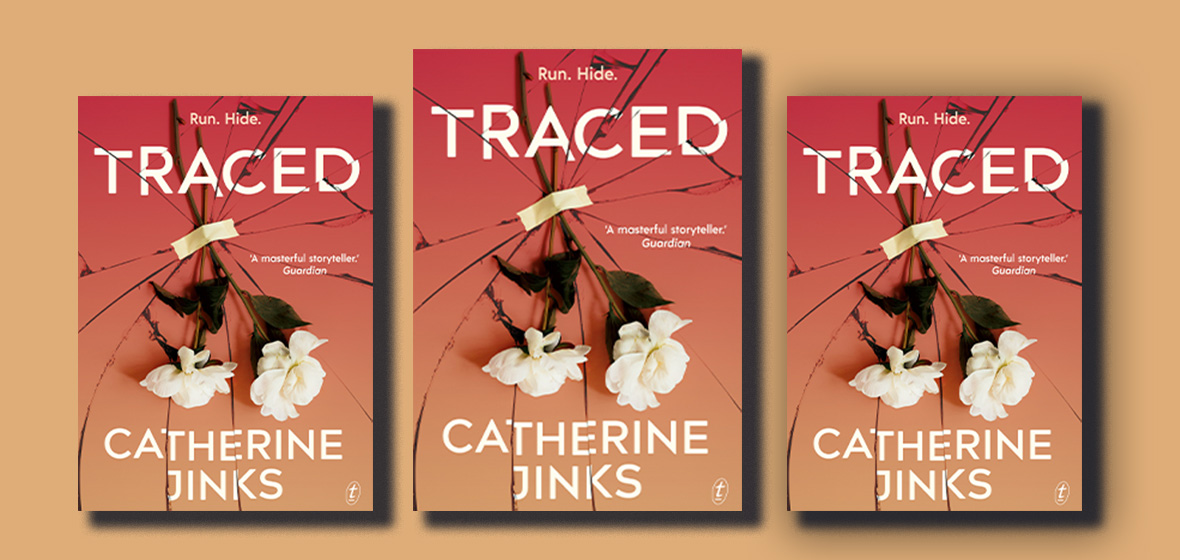Author: Catherine Jinks
Publisher: The Text Publishing Company
Australian author Catherine Jinks is the recipient of many awards for her books across a range of genres: children’s, literary, crime and science fiction.
In this reviewer’s opinion – and I’m not alone – Traced, her latest novel, should be in line for an award in the psychological thriller genre. It’s alarming and compelling in equal measure. Alarming because it highlights the vulnerability of women with abusive partners during the COVD-19 lockdown, and compelling because of the credibility of the story and its lead character, Jane.
Living under an assumed identity, Jane is working as a COVID-19 contact tracer in a hospital service. Her new life begins to fragment as she is thrown into close proximity with the man who haunts her family: her daughter’s manipulative and abusive former partner.
Jane’s dilemma – does she evade the abuser, or take action to prevent him causing more harm? – makes for absorbing reading. She is depicted with the characteristics of the ‘lioness’ mother: the overwhelming urge to protect, and the desperation to maintain a sense of normality.
Jane’s character is authentic, her plight real. Her stubbornness and impulsiveness battle with her sense of what is acceptable both legally and socially. In some of the book’s most engaging scenes, she faces the decision to invade other people’s privacy in her search for evidence.
This is an atmospheric tale from the start. Its sinister title is prophetic, and the plot has as many twists and turns as the remote country roads Jane traverses along the NSW coast and through the Blue Mountains in her quest to restore her family’s safety.
In Traced, Jinks convincingly highlights some important social dilemmas that apply in a broader context than domestic abuse: can we expect our friends to sacrifice their own security on our behalf? Should we raise suspicions about another person if we don’t have hard evidence? To what extent can we take responsibility for someone who doesn’t want to be protected? And, most challenging of all, how far would we go to defend those close to us against a threat to their safety?
At one point in the story, Jane says, “It was a desperate move. But I had no choice.”
What would you, the reader, have done?




